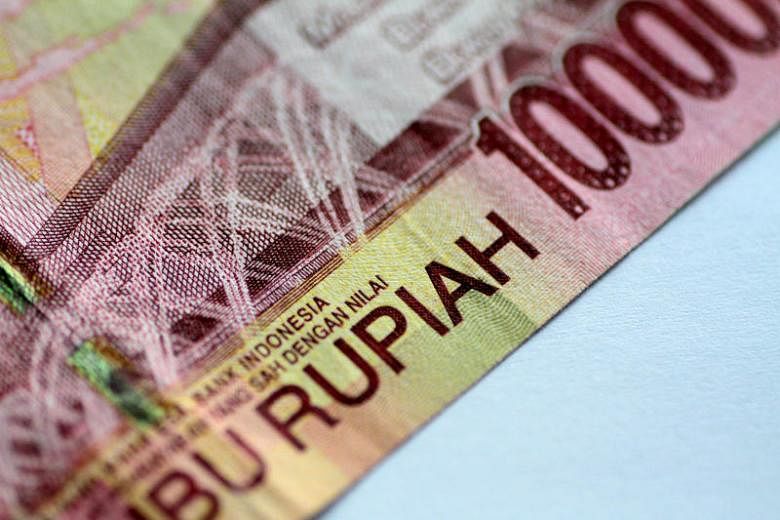JAKARTA - The Indonesian government said its lower level of foreign debt, healthy inflation and good economic growth should ensure that there will be no repeat of the 1998 financial crisis.
The remarks on Friday (Sept 7) were aimed at dismissing concerns from political opponents who have played up economic issues to attack the administration.
Indonesia saw millions of job cuts and more than 60 banks were closed during the 1998 crisis.
Its foreign debt to gross domestic product (GDP) ratio is at 34 per cent today, compared with 60 per cent in the 1997-98 period, and back then practically all of the foreign debt was not hedged against currency fluctuations, said Maritime Affairs Coordinating Minister Luhut Pandjaitan, part of the government's team drafting draft policies to address economic weakness.
Inflation is at 3.2 per cent, a healthy level for a developing country, and economic growth in the second quarter of 2018 reached 5.27 per cent, the highest since 2014, Mr Luhut added.
"This shows the government's good ability to keep stability," he noted in a statement, arguing that South-east Asia's largest economy is also mostly driven by its domestic sector and investment with exports contributing only 20 per cent to gross domestic product.
"This minimises any impact of the trade war if (it) continues," Mr Luhut said.
Social media users seem divided. The optimist camp tends to be the supporters of President Joko Widodo, who is set to run for a second and final term in office next April, while the pessimists are likely supporters of his only contender, former army general Prabowo Subianto.
The optimists would say the rupiah's 9 per cent fall against the United States dollar this year is of minor concern compared with the 1997/98 Asian financial crisis when it lost 75 per cent of its value. The pessimists would focus on the rupiah hovering around the low value 15,000 to the greenback, a key psychological level in currency markets.
Economist and presidential aspirant Rizal Ramli argued that Indonesia's macro economic numbers showed that worrying signals were already starting to emerge in 2017 so the government must avoid complacency, Tribunnews.com reported.
"(Since 2017) the indicators kept getting worse and I conveyed this to the media as well as to a few ministers. They always denied it, like the way they did (ahead of) the 1998 crisis," Dr Rizal was quoted by Tribunnews.com.
In the statement, Mr Luhut appealed to Indonesians not to panic, given that the economy is far stronger than Turkey or Argentina.
Indonesia is facing the same emerging market risks that have created financial crises in Turkey and Argentina - and most recently South Africa - and prompted global investors to pull out funds and move them to safe havens, including the US and Europe.
Indonesia's current account deficit is expected to reach about US$25 billion (S$34 billion) this year if no action is taken to tackle it.
Tourism, biofuel, and import tariffs are among the fixes that the Indonesian government is using to address the widening deficits.
Recent airport renovations and increased infrastructure development in tourist spots have proved to be fruitful, Mr Luhut pointed out in the statement, hoping Indonesia would rake in between US$15 billion to US$17 billion revenue from tourism this year, up from US$12.5 billion in 2017.
Indonesia is the world's largest palm oil producer. It has expanded the use of 20 per cent palm oil-based blended biodiesel to all sectors from Sept 1.
The government also raised taxes on around 1,140 types of goods - from electronics to luxury cars - earlier this week in a bid to curb fast-surging imports.


